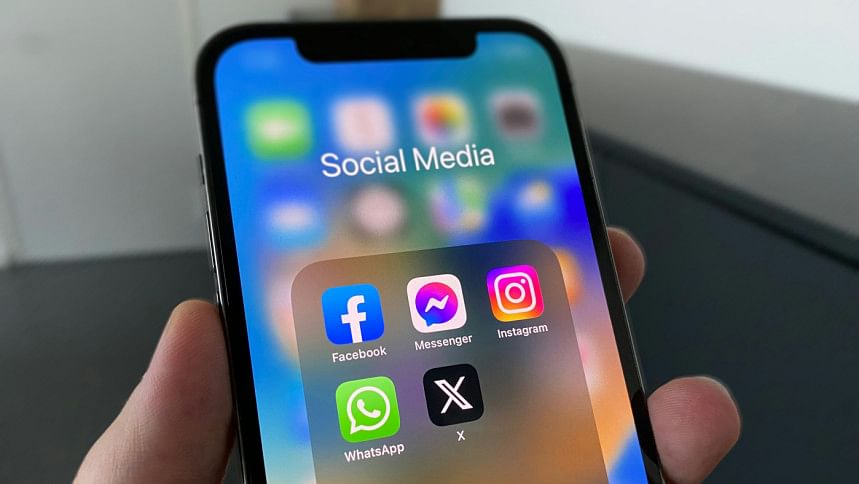Australia bans social media for users under 16

Australia's parliament has approved a law aimed at curbing social media use among children under 16, in a move that has sparked a polarising debate over the balance between online safety and civil liberties. The legislation, passed in the Senate by 34 votes to 19, introduces strict penalties for social media companies that fail to enforce age restrictions, with fines reaching up to AU$50 million.
The government has justified the measure by citing the adverse effects of social media on the mental health of young Australians, which Prime Minister Anthony Albanese described as a "clear, causal link." However, critics have questioned both the practicality and potential unintended consequences of the ban.
The Online Safety Amendment (Social Media Minimum Age) Bill does not clarify the mechanisms by which companies will verify users' ages, stating only that they must take "reasonable steps." The details are expected to be fleshed out following a trial of age-verification technology, due for completion in 2025. For now, platforms such as Snapchat, TikTok, Instagram, and Facebook are named as likely to fall under the regulation, though YouTube is exempt due to its "educational" value, according to Communications Minister Michelle Rowland.
While public support for the law is growing—77% of Australians backed it in a recent YouGov poll—advocacy groups, academics, and human rights organisations have expressed alarm. Critics warn that overly rigid enforcement could push teenagers toward the dark web or further isolate them. Amnesty International opposed the bill outright, arguing that it risks exacerbating mental health challenges rather than alleviating them.
The bill, introduced with little warning just three days before parliament adjourned for the year, generated over 15,000 public submissions in a single day. This surge was partly driven by Tesla and X (formerly Twitter) owner Elon Musk, who shared his disapproval on social media, describing the measure as a "backdoor way to control access to the internet by all Australians."
Adding to the debate, a coalition of 140 experts has signed an open letter criticising the legislation as "too blunt an instrument" to address the nuanced challenges posed by social media. They argue the law undermines the rights of young people to participate in digital spaces, while Australia's Human Rights Commission has voiced "serious reservations" about its compatibility with children's rights.
Despite mounting criticisms, the law has broad political support, with federal opposition leaders claiming they would have enacted a similar measure sooner. The Albanese government has emphasised the urgency of addressing social media's role in what it terms a youth mental health crisis, though opponents have accused it of rushing a complex issue.

 For all latest news, follow The Daily Star's Google News channel.
For all latest news, follow The Daily Star's Google News channel. 



Comments